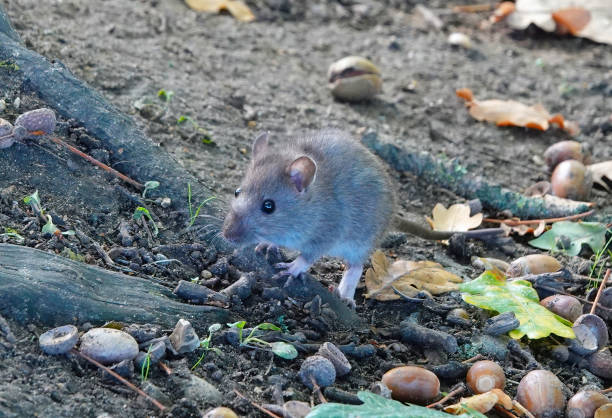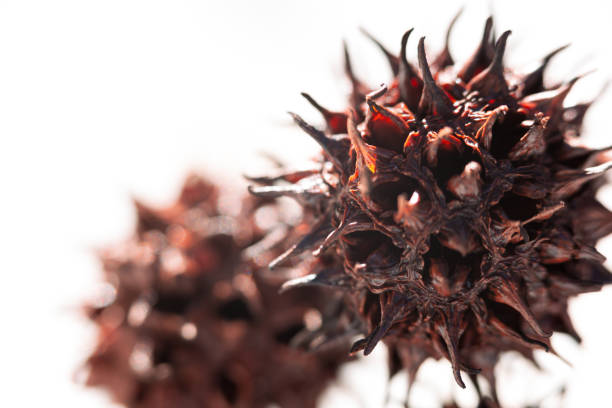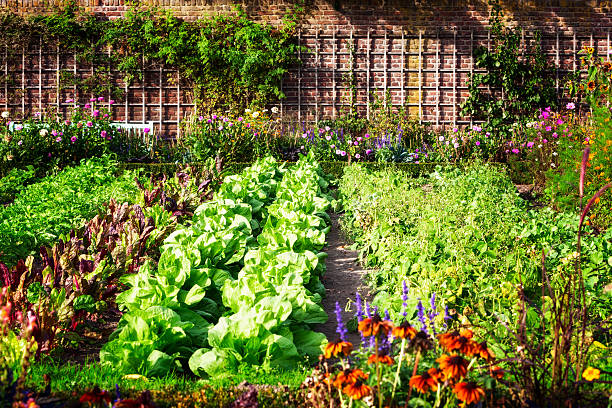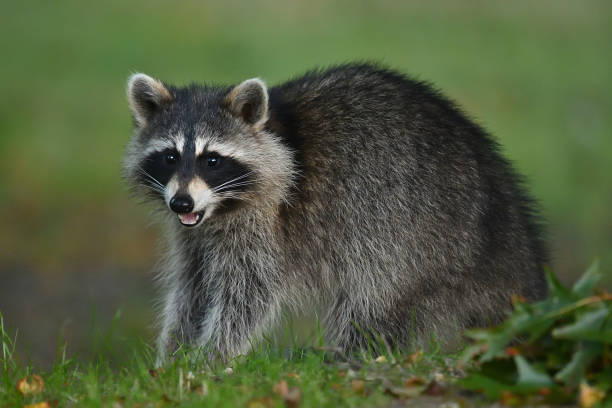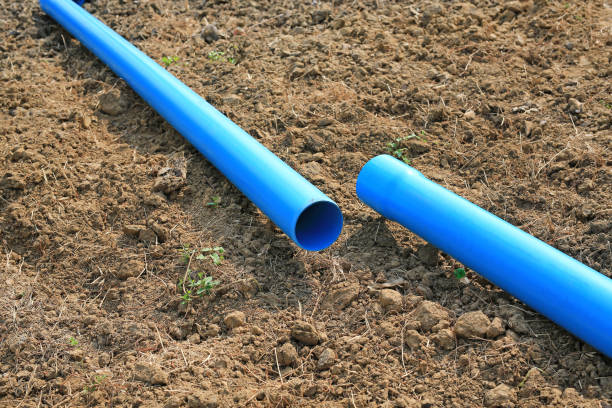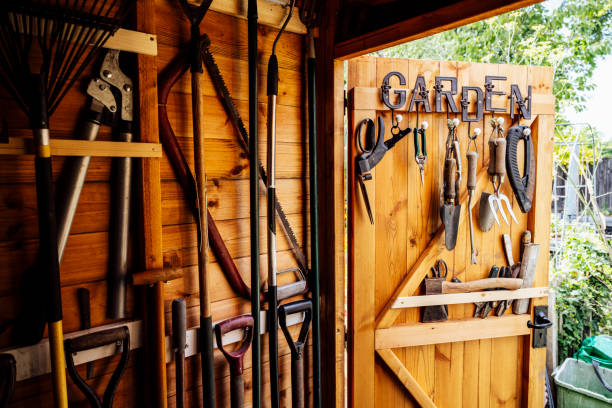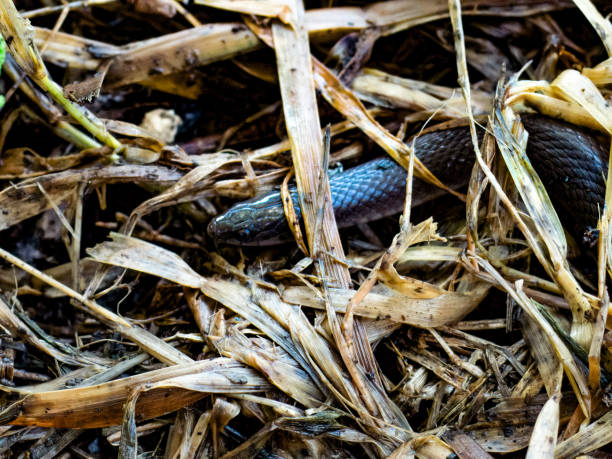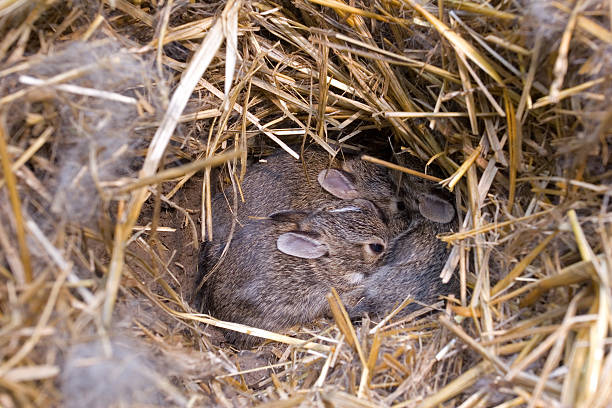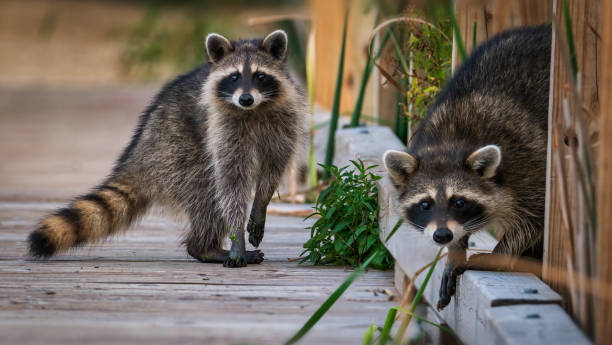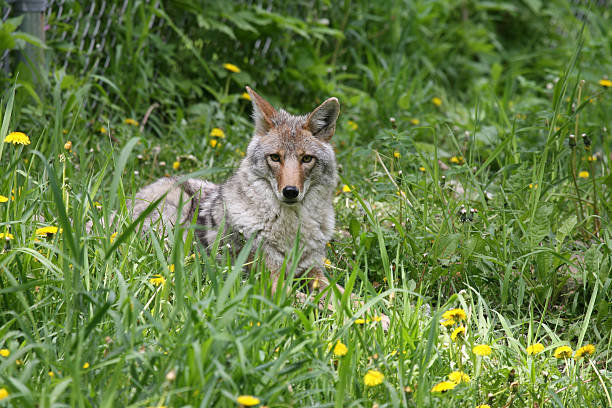How to Get Acorns Out of Your Yard
This post contains affiliate links. This means I will make a commission at no extra cost to you should you click through and make a purchase. Read the full disclosure here.
Acorns are small nuts that come from oak trees and can be a common nuisance in yards, especially during the fall season. While oak trees offer many benefits, such as shade and aesthetic appeal, the accumulation of acorns can create problems. In this article, we will explore effective methods for getting rid of acorns in your yard and maintaining a clean and safe outdoor space.
1. Introduction
What are acorns?
Acorns are the fruit of oak trees and typically contain a single seed. They are characterized by their distinctive cup-like shape and are often shed in large quantities during the autumn months.
Why are acorns a problem in the yard?
Although acorns serve as a food source for various animals and contribute to the ecosystem, they can pose challenges when they accumulate in residential yards. Excessive acorns can create tripping hazards, damage lawnmowers, and prevent grass from growing properly.
2. Understanding the Life Cycle of Acorns
To effectively deal with acorns in your yard, it’s helpful to understand their life cycle and factors influencing their abundance.
Acorn production and dispersal
Oak trees produce acorns as part of their reproductive process. The quantity of acorns produced can vary from year to year, with some years experiencing higher yields than others. Acorns are primarily dispersed by gravity, falling from the tree and landing on the ground.
Factors influencing acorn abundance
Several factors can affect the abundance of acorns in a given year. These include weather conditions, tree health, and the presence of pests or diseases. Understanding these factors can help you anticipate and manage acorn-related issues in your yard.
3. The Negative Impact of Acorns in the Yard
While acorns may seem harmless, their accumulation in your yard can have several negative consequences.
Potential dangers to children and pets
Acorns can create a hazard for children and pets who may slip or trip on them. Additionally, if ingested in large quantities, acorns can be toxic to some animals, leading to digestive issues or even poisoning.
Damage to lawns and gardens
Excessive acorns can prevent grass from growing properly and result in bare patches in your lawn. They can also smother delicate plants in your garden, hindering their growth and health.
4. Manual Removal Methods
There are various manual methods you can employ to remove acorns from your yard.
Raking and collecting acorns
Using a rake, gather the fallen acorns into piles and collect them using a bag or bucket. This method is effective for small to moderate amounts of acorns.
Using a leaf blower or vacuum
A leaf blower or vacuum with a suction feature can be used to gather acorns quickly and efficiently. This method is particularly useful for larger yards or when dealing with a substantial amount of acorns.
5. Natural Ways to Manage Acorns
Nature provides some allies that can help you manage acorns in your yard.
Using animals and birds as helpers
Some animals, such as squirrels, chipmunks, and certain bird species, feed on acorns. Encouraging their presence in your yard can help reduce the number of acorns over time.
Mulching with leaves or wood chips
Mulching your yard with a layer of leaves or wood chips can help suppress the growth of new oak seedlings. This method reduces the number of acorns that sprout and minimizes their impact on your yard.
6. Chemical Control Options
While manual and natural methods can be effective, chemical control options are available for more severe acorn problems.
Herbicides for acorn prevention
Certain herbicides can be used to prevent acorn production in oak trees. These chemicals interfere with the tree’s reproductive process, reducing or eliminating acorn formation. It is important to follow instructions carefully and consider potential environmental impacts before using herbicides.
Limitations and precautions
Chemical control methods have their limitations and may not be suitable for all situations. Some herbicides are selective to certain oak species, and it may take several years to see the desired results. Always consult with a professional before using chemical control methods.
7. Preventing Acorn Production
Preventing acorn production in the first place can save you the hassle of dealing with a large quantity of fallen acorns.
Pruning oak trees
Pruning oak trees can help reduce acorn production. By removing some branches or limbs, you can limit the overall number of acorns produced by the tree.
Using growth regulators
Growth regulators can be applied to oak trees to inhibit or control acorn development. These substances affect hormone levels in the tree, altering its reproductive cycle. Consult an arborist or tree care professional for guidance on using growth regulators.
8. Maintaining a Healthy Yard
A well-maintained yard is less likely to suffer from excessive acorns. Implement these practices to keep your yard healthy.
Proper lawn care practices
Regularly mowing, fertilizing, and watering your lawn can promote healthy grass growth and make it more resilient to acorn-related damage.
Regular tree maintenance
Maintain your oak trees by pruning them regularly, removing dead branches, and addressing any signs of pest or disease infestation. Healthy trees are less likely to produce an abundance of acorns.
9. Conclusion
Dealing with acorns in your yard requires a proactive approach. By understanding the life cycle of acorns, employing manual removal methods, utilizing natural helpers, considering chemical control options, preventing acorn production, and maintaining a healthy yard, you can effectively manage acorns and enjoy a clean and safe outdoor space.
FAQs
Are acorns harmful to humans?
Acorns are generally not harmful to humans when consumed in small quantities. However, they can be toxic if ingested in large amounts, causing digestive issues. It’s important to prevent children and pets from consuming excessive acorns.
Can I use acorns for any purpose?
Yes, acorns can be used for various purposes. They are a valuable food source for wildlife and can also be used for crafts or as decorative elements. However, if you’re dealing with an excessive amount of acorns in your yard, it’s best to manage them to maintain a clean and safe outdoor environment.
How often should I prune my oak trees to reduce acorn production?
Pruning oak trees should be done cautiously and minimally, as excessive pruning can harm the tree’s health. It’s best to consult with an arborist or tree care professional to determine the appropriate pruning schedule based on the species, age, and condition of your oak trees.
Can I use acorns as mulch in my garden?
Acorns can be used as mulch, but it’s important to compost them first. Fresh acorns may contain tannins that can inhibit plant growth. Composting allows these tannins to break down, making the acorns suitable for use as mulch.
How long does it take for growth regulators to prevent acorn production?
The effectiveness of growth regulators in preventing acorn production depends on various factors, including the specific product used and the health of the tree. It may take several years of consistent application to see significant reduction in acorn production. Consult with a tree care professional for guidance on using growth regulators effectively.

